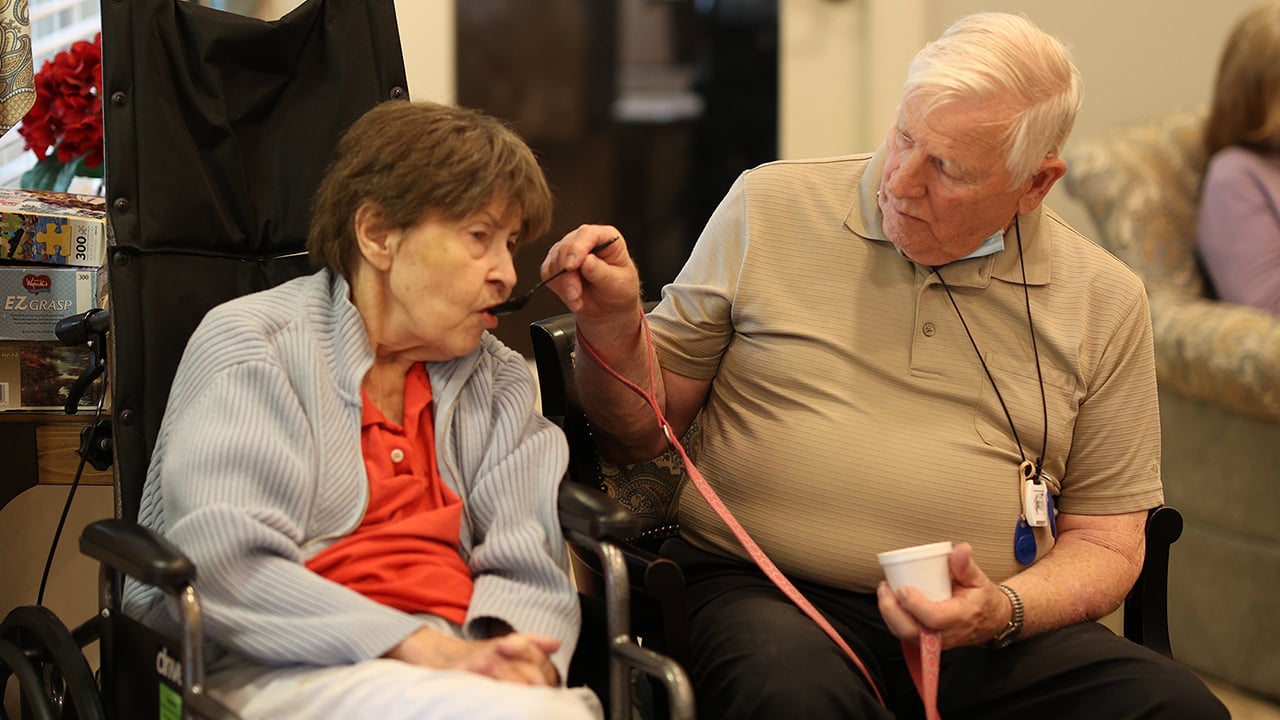We regularly add new care tip articles to our website, but we know we can’t answer all your questions. Here, we’ve gathered some links to Alzheimer’s care tips for hard situations. Of course, the Alzheimer’s journey may be filled with many challenging and difficult decisions. These are some of the most frequently experienced issues.
Every individual is unique. So, we encourage you to try tips and ideas that have worked for other people. But, we also encourage you to find your own way. Listen to your loved one. Observe their reactions, and modify your care accordingly. Some things may work one day, but not another. Let love be your guide.
Driving and Dementia
- Dementia & Driving (from Warner Law)
- Dementia and Driving (from Alzheimer’s Association)
- Driving and Dementia (from Alzheimer’s Society)
Legal and Financial Situations
- Legal & Financial Planning (from CaringKind)
- Managing Money Problems (from National Institute on Aging)
- Money + Dementia: How to Take Away Access (from Dementia by Day)
More Alzheimer’s Care Tips for Hard Situations
- Dealing with Accusations (from Dementia by Day)
- Eating Out (from Alzheimer’s Society)
- Hallucinations (from Dementia by Day)
- Incontinence (from Alzheimer’s Society)
- Late Stage Care (from CaringKind)
- Making Decisions for a Person Living With Dementia (from Alzheimer’s Society)
- Mood Swings (from The Dawn Method)
- Transitioning to a Care Home (from Dementia by Day)
- Traveling (from The Dawn Method)
Please contact us if you are looking for specific information or tips. We will do our best to answer your question or help find the best resource for you.


Hello, I am currently caring for a patient who lives with her husband. Trying to help them but now he says he can no longer trust her and she keeps mentioning his dead mother and has called 911 on a fake accusation on him. He can’t shake mean things she says to him either.
Thank you for the care you provide. You’re describing an incredibly difficult situations, one which will have no easy answers. Married couples understandably want to stay together, so too often resist change until situations become unhealthy for both of them. A 911 call could easily lead to authorities separating the couple, so it would be better to make changes before that happens. This will likely require the husband to better that dementia is affecting his wife’s behavior, and he will likely have to make hard decisions about how to better care for both himself and his wife. The book “Contented Dementia” by Oliver James addresses similar situations.